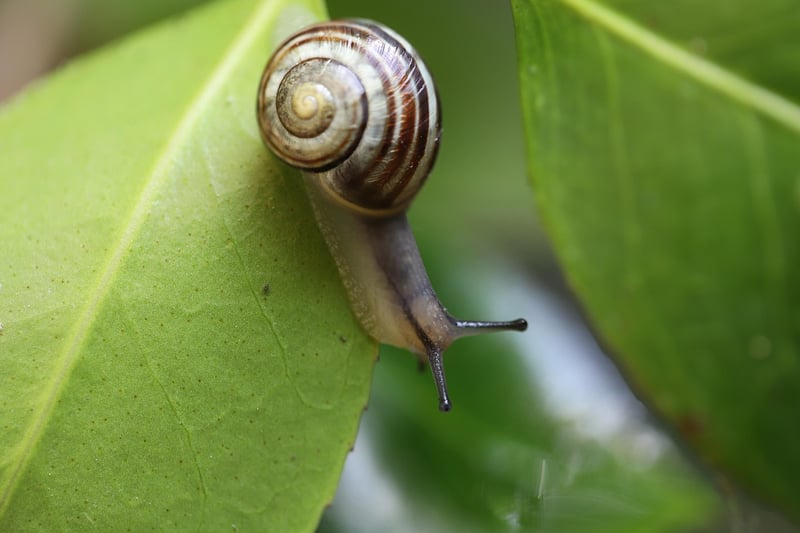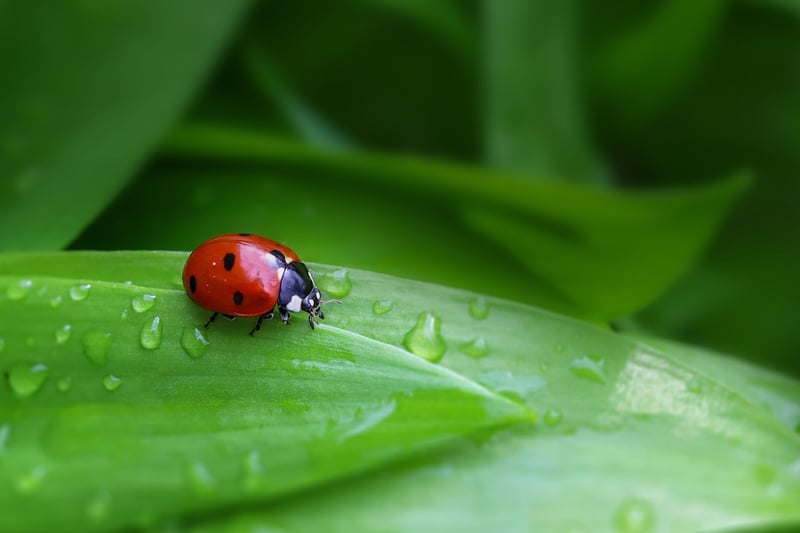Preventive Measures
Dealing with Common Garden Pests and Preventive Measures
Introduction
Gardening can be a rewarding and therapeutic hobby, but dealing with common garden pests can be a frustrating challenge for many gardeners. In this article, we will discuss some of the most common garden pests and provide preventive measures to help you protect your beloved plants.
Common Garden Pests

1. Aphids
Aphids are small, pear-shaped insects that feed on plant sap, causing leaves to curl and plants to wilt.
2. Slugs and Snails
Slugs and snails are common garden pests that feed on young seedlings and leaves, leaving behind holes and slime trails.
3. Caterpillars
Caterpillars are the larval stage of butterflies and moths that feed on leaves, flowers, and fruits, causing damage to plants.
Preventive Measures

1. Attract Beneficial Insects
Encourage the presence of beneficial insects like ladybugs and lacewings, which feed on common garden pests.
2. Use Natural Predators
Introduce natural predators like praying mantises or nematodes to control pest populations in your garden.
3. Companion Planting
Planting certain herbs and flowers alongside your vegetables can help repel pests and attract beneficial insects.
4. Neem Oil Spray
Use neem oil spray as a natural insecticide to deter common garden pests without harming beneficial insects.
5. Physical Barriers
Protect your plants with physical barriers like row covers or copper tape to prevent pests like slugs and snails from reaching them.
Conclusion
By being proactive and implementing these preventive measures, you can effectively deal with common garden pests and protect your plants from damage. Remember that a healthy garden is a balanced ecosystem where pests and beneficial insects coexist.
Happy gardening!
